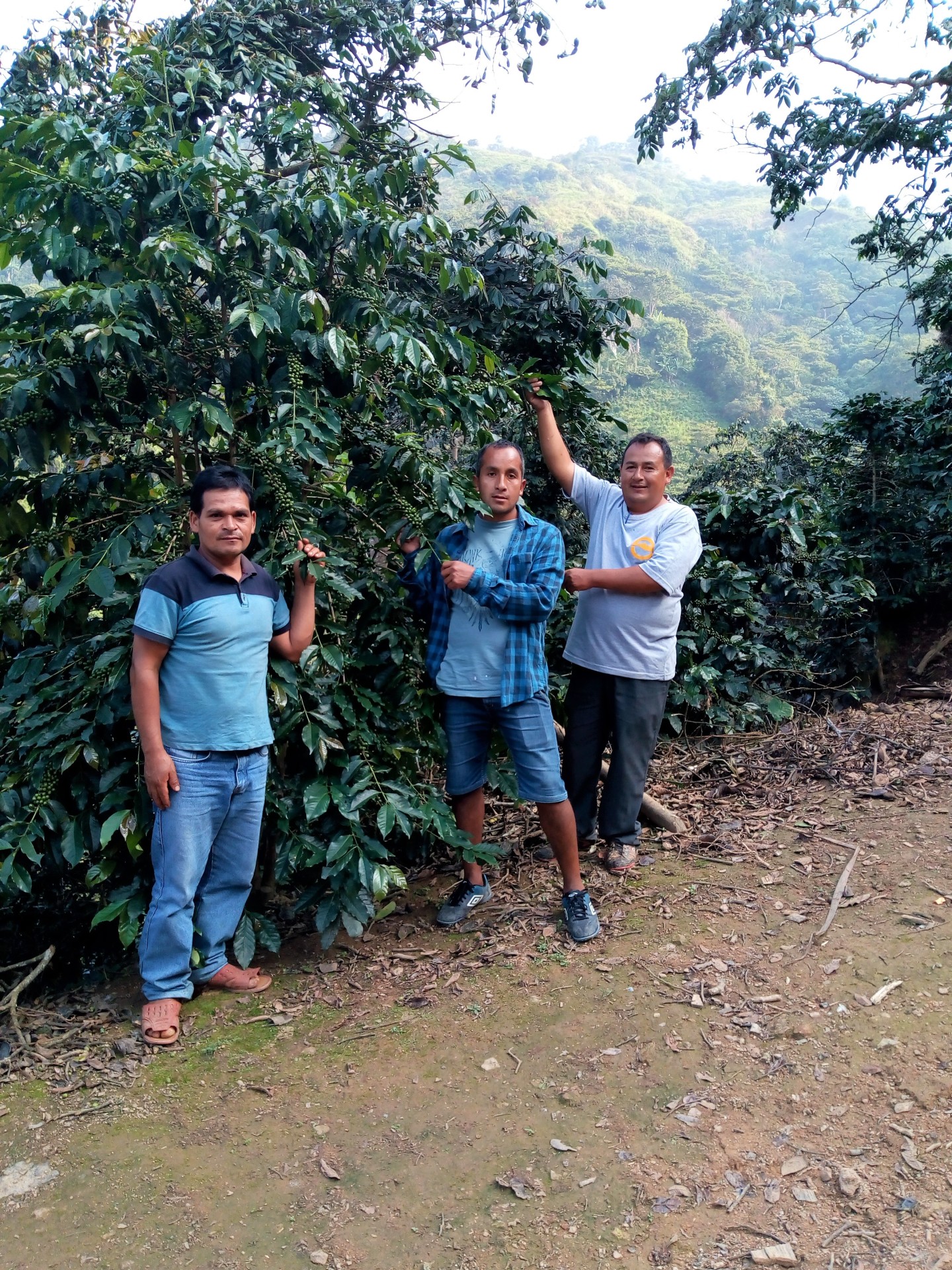PERU ORGANIC JAEN GRUPO CHINGAMA AGUA AZUL – *51402* – 25733 – GrainPro Bags – SPOT RCWHSE
Position Spot
Bags 0
Warehouses Oakland
Flavor Profile Applesauce, graham cracker, herbal, rich
Please Note This coffee landed more than 8 months ago.
Out of stock
About this coffee
Grower
Producers organized around Comité Agua Azul
Altitude
1550 – 2200 masl
Variety
Bourbon, Catimor, Caturra, Mundo Novo, Pache, and Typica
Soil
Clay minerals
Region
San Antonio de Chingama, Cajamarca, Peru
Process
Fully washed and dried in the sun
Harvest
May - September
Certification
Organic
Coffee Background
In Peru the bulk of coffee production comes from small farms owned and managed by people who follow organic farm management practice attuned to their cultural connection with the land. Producers typically cultivate coffee on just a few acres of land intercropped with shade trees, bananas, corn, and beans. They carefully harvest, sort and float cherries to remove less dense or damaged seeds before depulping, fermenting, washing, and drying the coffee using their own micro-mills. This particular community blend comes from producers who cultivate coffee in San Antonio de Chingama, near the city of Jaen, in the Cajamaja region. The producers have formed a group called Comité Agua Azul to carry out their collective activities like establishing a local warehouse for storing their exportable coffee. Comité Agua Azul have designed farm management and post-harvest solutions to fit their needs, but they also need a strong alliance to bring their coffee to the international market and earn fair prices. Origin Coffee Lab, an organization established to assist small producers access the specialty coffee market carries out activities that often go unnoticed but are crucial for small producers. In addition to helping producers learn best practices for cultivating and processing coffee, Origin Coffee Lab coordinates traceability and quality control throughout the post-harvest process to earn better income for everyone so producers can reinvest in their farms and strengthen their families’ livelihoods.




